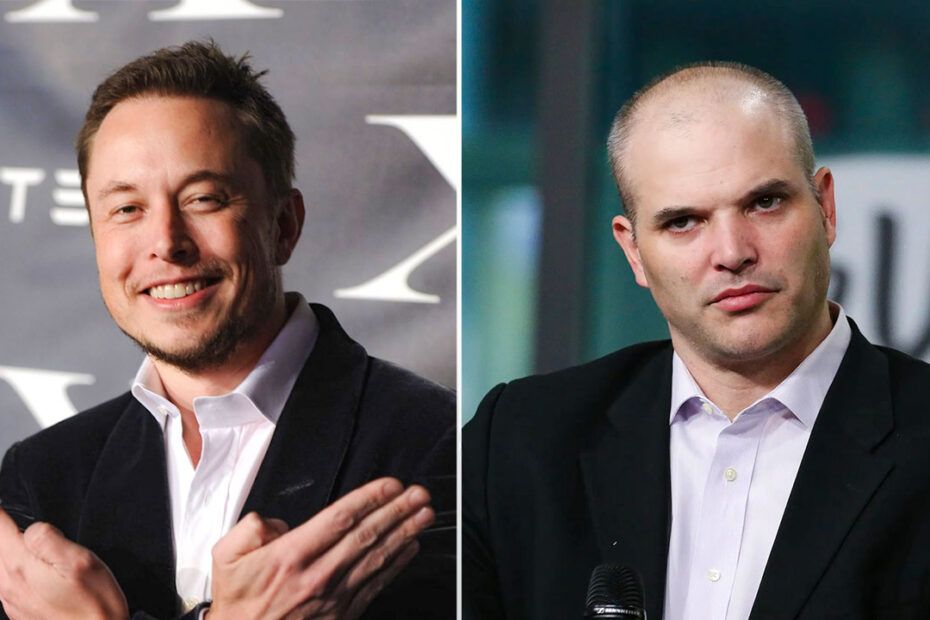The release of Twitter’s internal documents sparked intense debate in the worlds of media politics and technology. It was a typical example of news reporting on the surface: A reporter obtains internal documents from a major corporation that shed light on the political controversy that flared up in the waning days of the 2020 presidential race.
But when it comes to Elon Musk and Twitter, nothing is ever normal. The so-called Twitter files, released on Friday evening by independent journalist Matt Taibbi, raised a storm among pundits, media ethicists and lawmakers on both sides.
It offered a window into the fragmented modern landscape of news, where the reception of a story is often shaped by readers’ perceptions of the motivations of both writers and subjects.
The storm began when Elon Musk teased the release of internal documents that he said would reveal the story behind Twitter’s 2020 decision to hire Joseph R. Will ban a post that links to a report in the New York Post about Biden Jr.’s son.
Elon Musk who has accused tech companies of censorship then pointed readers to the account of Mr. Taibbi, a respected journalist who shares some of Mr. Musk’s disdain for the mainstream news media. Published as one long Twitter thread, Mr Taibbi’s report included images of email exchanges between Twitter executives considering how to handle the spread of a story posted on their platform.
Mr. Musk and Mr. Taibbi framed the exchanges as evidence of rank censorship and harmful influence by liberals. Several other enthusiastic Twitter commenters were less impressed, saying the exchanges showed a group of executives honestly debating how to deal with an unconfirmed news report that links stolen laptops to the Internet.
As is the case with many modern news stories, the Twitter files were quickly weaponised in service of a dizzying number of pre-existing arguments. Fox News host Tucker Carlson, who often accuses liberals of stifling speech, claimed the documents show a systemic violation of the First Amendment, the biggest example in modern history.
House Republicans, who have called for an investigation into Hunter Biden’s business dealings, offered no evidence that the report showed systemic collusion between Twitter and ally Joe Biden, who was the Democratic nominee at the time. Jack Dorsey, Twitter’s chief executive at the time, later reversed the decision to block the post story and told Congress that it was a mistake.
The former Twitter executive, who lamented Mr Musk’s chaotic leadership of the company, called the release of the documents another sign of negligence. Twitter’s former head of trust and security, Joel Roth, said that making public the unredacted documents, some of which contained the names and email addresses of Twitter executives, was a fundamentally unacceptable act.
Get people in trouble. Elon Musk later said that, I think we should have excluded some email addresses. The central role of Mr. Taibbi, a polarizing figure in journalistic circles, caused an uproar in itself. Once a prominent voice of the political left, Mr. Taibbi rose to prominence by presenting himself as an unflinching truth-teller.
He is perhaps best known for labeling Goldman Sachs as a vampire squid in an article that sparked a public outcry against Wall Street. But former President Donald J. His comments about Trump differed from the views of many Democrats, for example he was skeptical of claims of collusion between Russia and Mr Trump’s campaign and turned to his fan base.
On Friday, Mr. Taibbi wrote that his sources about Twitter were based on thousands of internal documents obtained by sources at Twitter. Mr Musk previously hinted on Twitter about disclosing information about Hunter Biden’s handling of the report.
On Friday, shortly before Mr. Taibbi report, Mr Musk wrote “this is going to be awesome” and added a popcorn emoji, the universal online symbol of excited anticipation. Mr. Taibbi also said they had agreed to some conditions in exchange for the documents, but did not give details.
